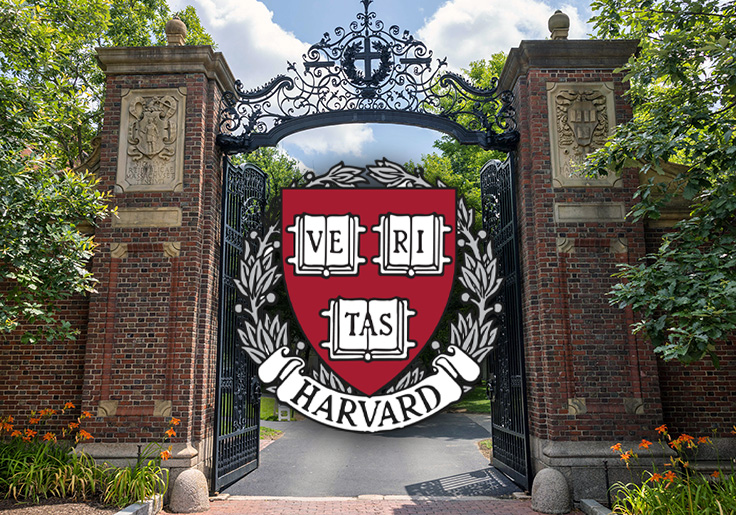The Education Department and HHS will investigate whether the journal violated civil rights law

The Trump administration on Monday launched multiple probes of Harvard University and the Harvard Law Review, citing allegations that the flagship law journal discriminates based on race.
The Department of Education and the Department of Health and Human Services will conduct separate investigations of the university after the Washington Free Beacon published a news report Friday revealing that the law review uses race to select both editors and articles for publication. The report was based on a trove of internal documents.
The probes—to be conducted by each agency’s office for civil rights—come days after former Texas solicitor general Jonathan Mitchell vowed to sue Harvard over the journal’s policies, which include evaluating articles on both the race of the author and the racial diversity of its citations.
“Harvard Law Review’s article selection process appears to pick winners and losers on the basis of race, employing a spoils system in which the race of the legal scholar is as, if not more, important than the merit of the submission,” said Craig Trainor, the Education Department’s Acting Assistant Secretary for Civil Rights. “No institution—no matter its pedigree, prestige, or wealth—is above the law. The Trump Administration will not allow Harvard, or any other recipients of federal funds, to trample on anyone’s civil rights.”
In a 2024 memo obtained by the Free Beacon, one journal editor argued that the fact that an author was “not from an underrepresented background” was a “negative” when it came to evaluating the piece for publication. Another memo from the same year recommended advancing a piece because “the author is a woman of color.” Still other documents showed that the journal’s “holistic review committee,” which selects nearly half of student editors, had made the inclusion of “underrepresented groups” its “first priority.”
The Trump administration’s probes will seek to determine whether Harvard violated Title VI of the Civil Rights Act, which bans race discrimination by the recipients of federal funds. They will also examine the university’s relationship with the law review, including “financial ties” and “oversight procedures.”
While the journal claims to be separate from Harvard Law School, its board of trustees includes several Harvard professors and administrators, including the dean, and its tax forms state that it is “functionally integrated” with the university.
A spokesman for Harvard did not respond to a request for comment.
The Trump administration has already frozen more than $2 billion in grants and contracts to the university over its alleged violations of civil rights law. The probes could result in further cuts if HHS decides that there is no meaningful difference between Harvard Law School and the Harvard Law Review—long considered the top law journal in the country—and could make private litigants’ lives easier by surfacing additional evidence of discrimination.
The Department of Education told Harvard in a letter that it would be “requesting access to data and personnel.” The Harvard Law Review’s editor in chief G. Terrell Seabrooks did not respond to a request for comment.

















